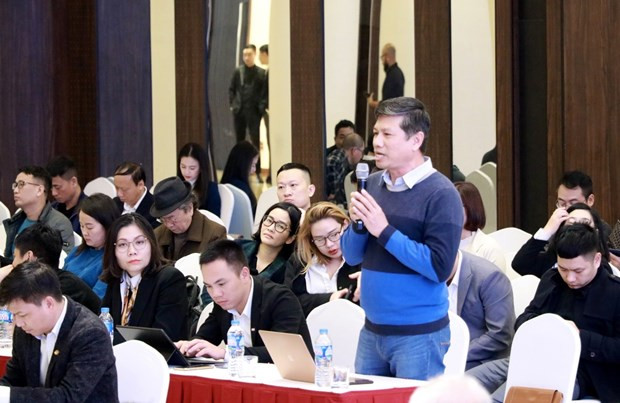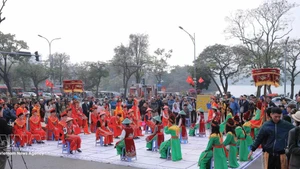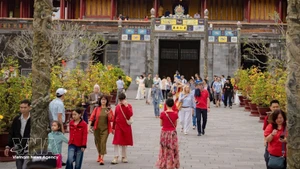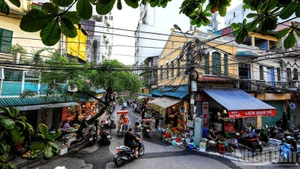Vietnam’s tourism sector has recorded a strong rebound after the COVID-19 pandemic was controlled.
China’s international tourism reactivation from January 8 has created a positive effect on global tourism. Almost all countries worldwide have outline policies to attract visitors from this important market.
Chairman of the Vietnamese Tourism Association Vu The Binh stressed the need for Vietnam to think about urgent solutions to soon lure Chinese tourists, and issue strict regulations on managing the activity, thus creating the best impression on visitors and ensuring sustainable development.
According to Chairman of the Da Nang Travel Association Cao Tri Dung, it is necessary to swiftly recover the network of charter flights to localities with strength in tourism like Da Nang, Khanh Hoa, and Phu Quoc; and strengthen promotion activities in countries that have direct flights to Vietnam.
Providers of services need to stabilise human resources and infrastructure facilities for tourists, he said, addingcommunication campaigns should be enhanced on social networks and popular technology platforms in China such as Weibo, Tik Tok, WeChat, QQ, and Baidu.
Vietnam needs to have a specific roadmap for welcoming back Chinese visitors to ensure safety amid concerns about the potential of new variants of COVID-19 after China opens its tourism, he noted.
China is the largest market for Vietnam’s tourism. In 2019, Vietnam served 5.8 million Chinese tourists, accounting for nearly a third of international visitors to Vietnam.
Last year, Vietnam welcomed over 101 million visitors, raking in 495 trillion VND (21.1 billion USD), 23% higher than the set planed and 66% higher than that of 2019.
















